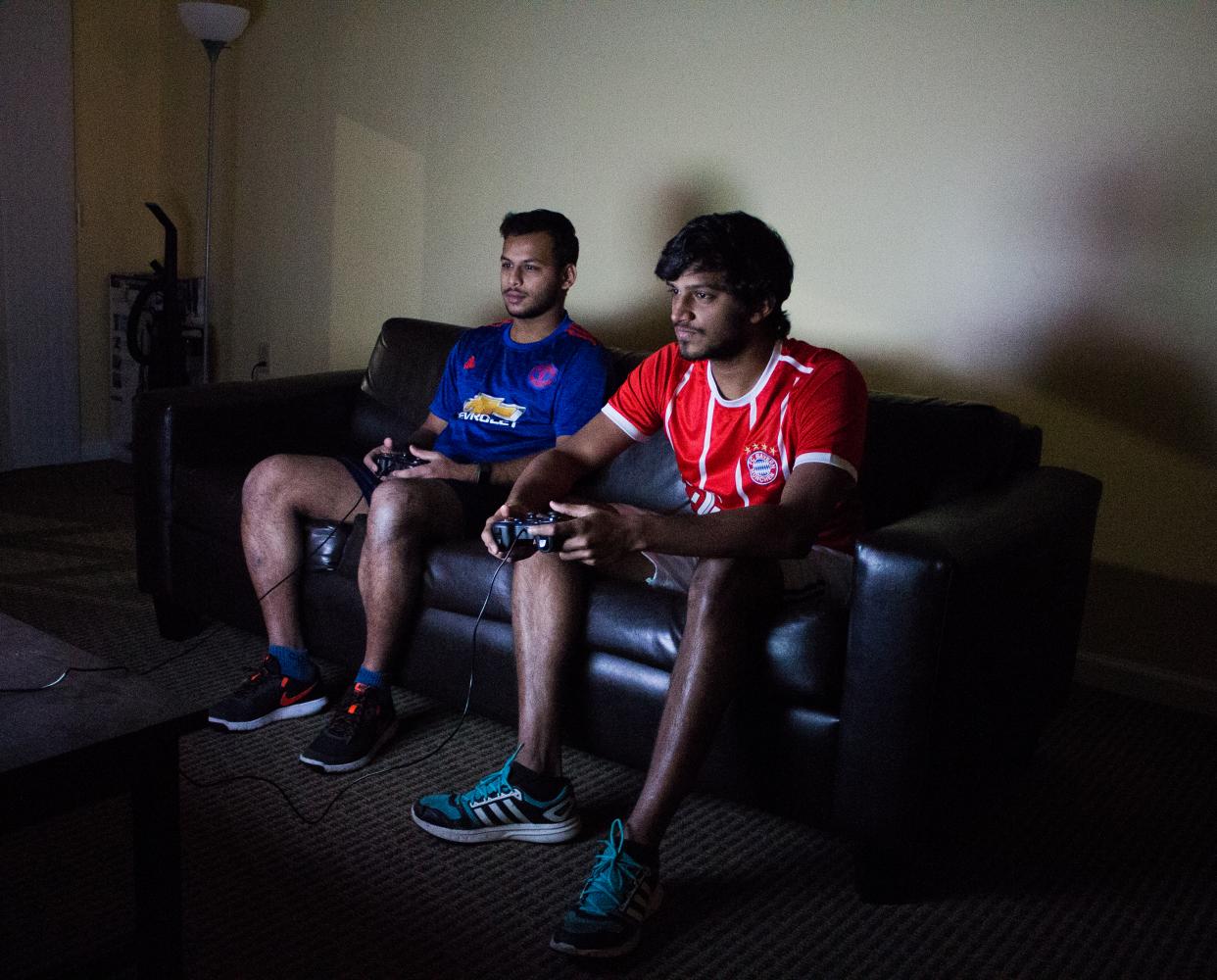Welcome Player 1
Whether it's dropping dimes, scoring goals or being on top of the leaderboard, sports have always had a way of transcending the field of play. It's 2018 now and we are amidst a revolution ... an esports Revolution.
Insert Coin
Games like “OXO” (similar to tic-tac-toe) and “Pong” were just the beginning of video games when they were first introduced in the 1950s. A few decades later, in the 70s and 80s, kids and adults alike were enamored with the antics of "Mario & Donkey Kong," and the "blast-tastic" fun of "Space Invaders" in arcades nationwide. Fast forward to 2018 and we now have home consoles, mobile games, and handhelds. Wherever we walk, we can game. The evolution of technology has led to a revolution of epic proportions.
Moving Forward and Cashing In
"Overwatch League" and "League of Legends" are both commonplace in the world of games and sports. None of those tournaments or leagues compare to Evolution Championship Series (EVO). A worldwide tournament exclusively focused on fighting games, EVO brings together the world's best professional and amateur players to compete in a double elimination format with players earning over $30,000 at the event. These tournaments have become a major source of income for players. Professional gamer Hajime Taniguchi cashed in with a reported take home of $35,750.00.
Top professional gamers earn anywhere between $200,000 to over $400,000. That amount of money can pay for four years at RIT and that's the low end of the earnings track.
According to Business Insider, “the latest prize pool for the League of Legends 2017 Season World Championship was $4,596,591. For the 2018 Call of Duty World League Championships, the prize will be $1.5 million. The International 2017 for "Dota 2" broke the record for the largest prize pool in eSports history at $24,787,916.“
Even in the realm of collegiate sports, scholarship money can be earned for victory. Connor Dudarchik, a 3rd-year Computer Security Major and current manager of the Player Unknown's Battlegrounds team for the RIT Esports Club, recalled the compensation at a TESPA competition (an inter-collegiate league created by Students at the University of Texas, Austin in partnership with Blizzard games) as being particularly lofty.
"The payout was $8,000 per team member, a whopping $56,000 take home for the whole team," he said.
These payouts are fueled by sponsors and their new-age athletes.
New-Age Athlete
An athlete is defined by the Merriam-Webster Dictionary as "a person who is trained or skilled in exercises, sports, or games requiring physical strength, agility, or stamina." Evan Hirsh, a third year Computer Science Major and president of the eSports club talked about what distinguishes an esports competitor from a traditional athlete.
The RIT Esports club was founded two years ago as an attempt to make teams that compete between colleges. Hirsh explained that he formed the club as a way to build upon a experiment with a few friends — they had already put a structure around building a team for "Overwatch." Fast forward two years and the club is now comprised of multiple teams ranging in games from "Counter-Strike Go" to "Overwatch," "Rocket League" and more.
"[The purpose is] to be the collegiate equivalent of a professional team. We build teams for competition,” Hirsh said. “The main difference between the two is the physical element. It's almost completely removed in esports, yet it still requires some reflexes, reaction skills, and timing ... I hope the term [athlete] becomes broader, something along the lines of a competitor because all traditional sports, esports and competition sports like chess share that spirit of competition."
When watching a live stream or attending the events, competitions are fierce.
Evan described some of his favorite moments with the club — one in particular: being at a Rocket League open tournament where the club took home a nail-biter win over University of Rochester, winning the series 3-2. Hirsh also dove into the regiment of players.
"I would say it varies depending on the player, but the average competitor plays upwards of 15 hours a week on practices, [in] spare time and competition. That encompasses everything," Hirsh mentioned.
.








